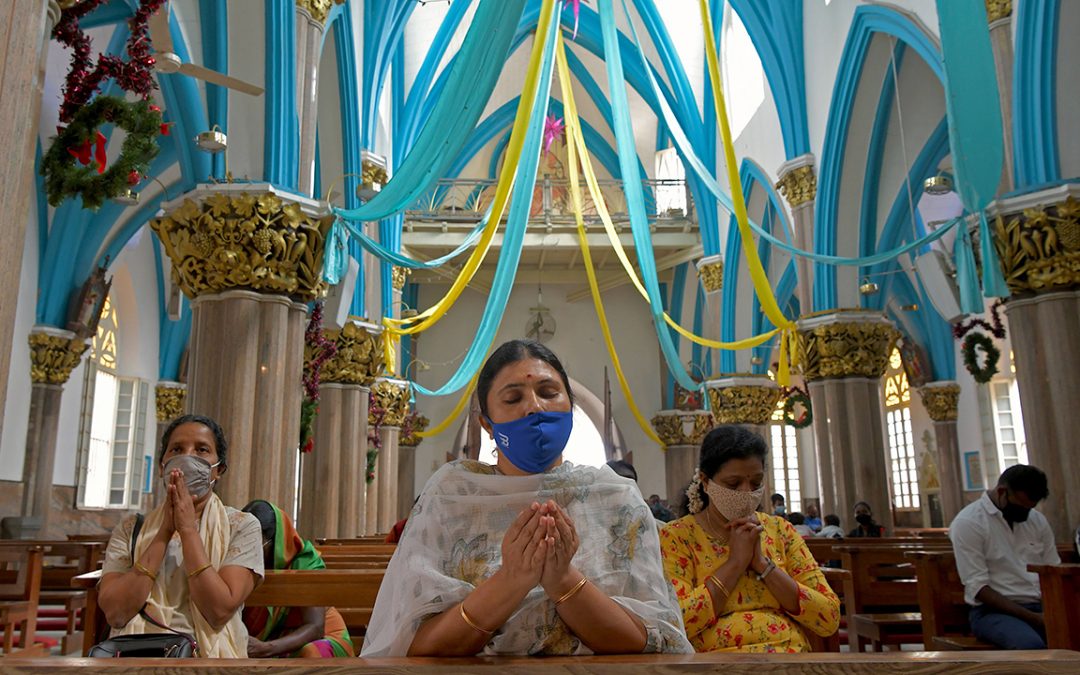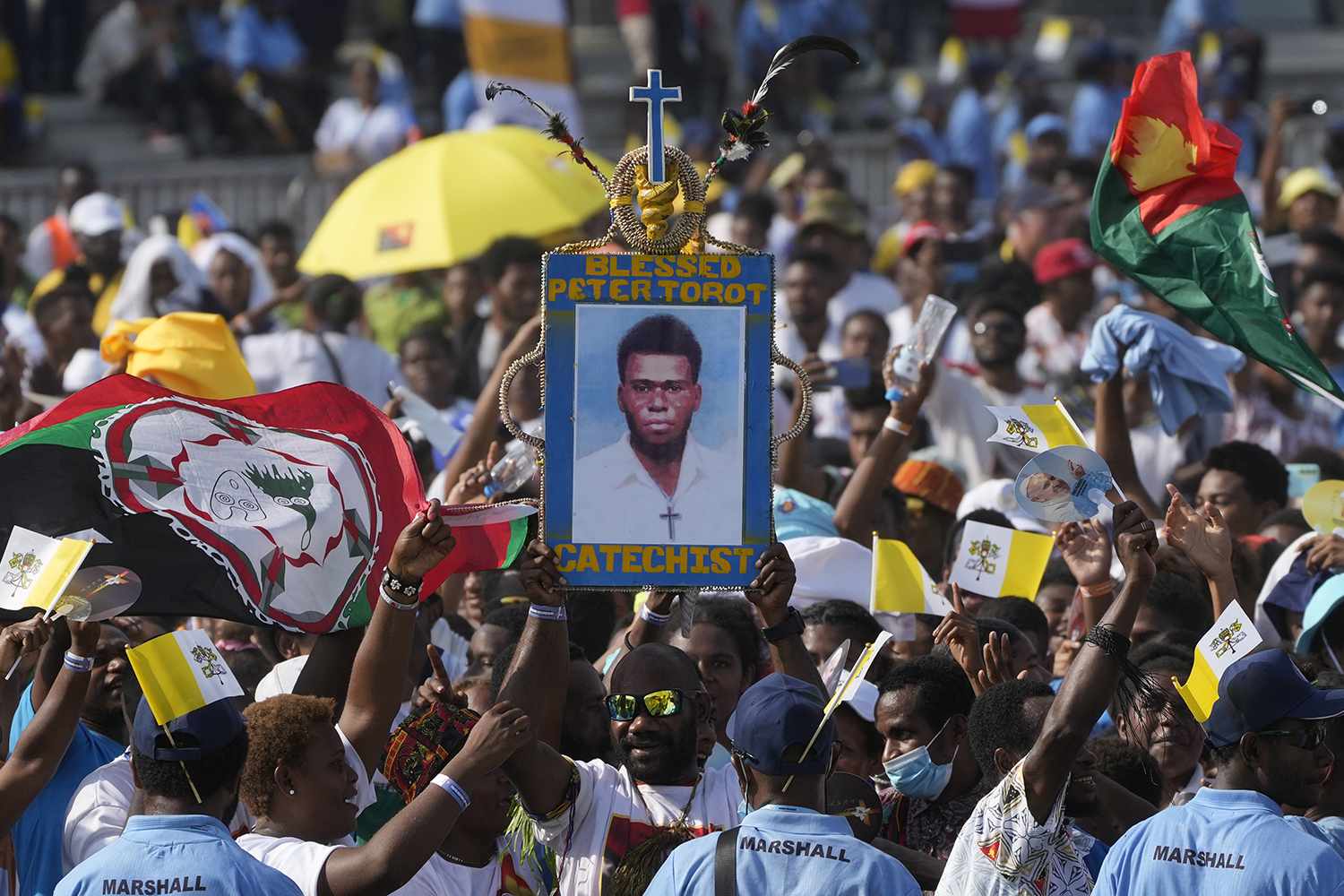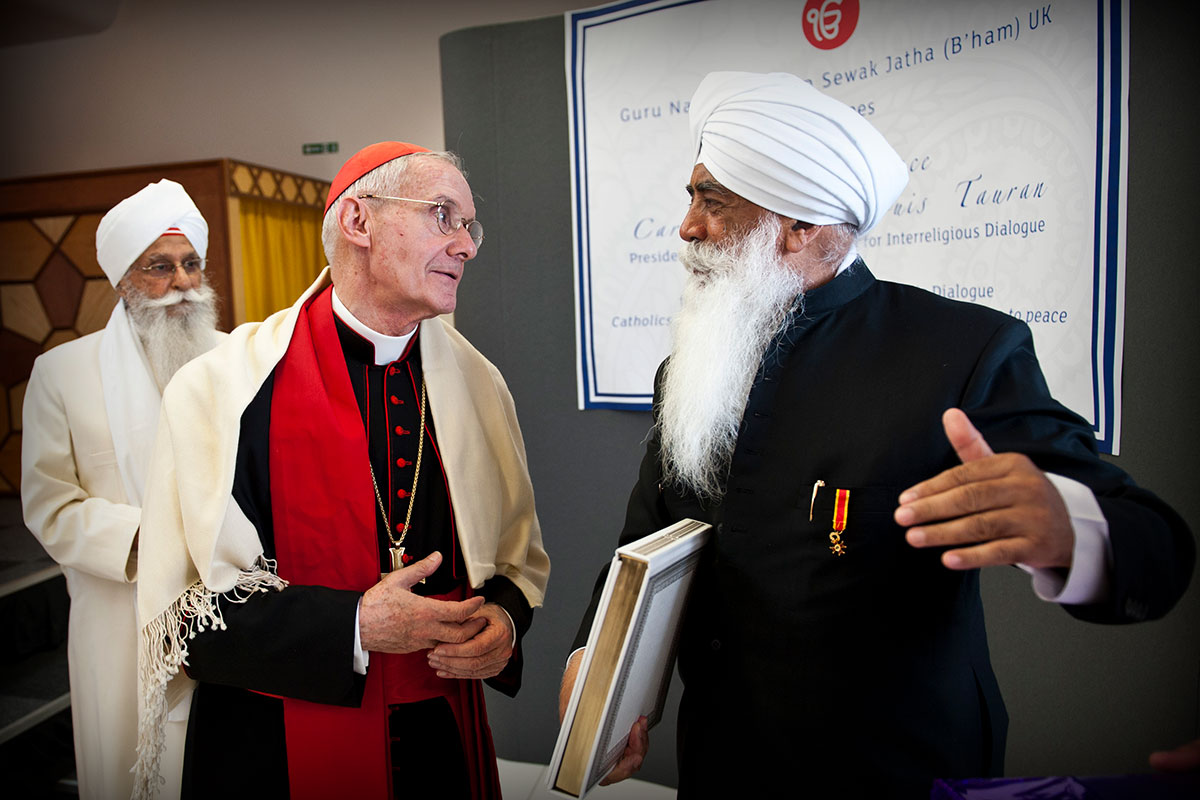Attempt To Relaunch Peace Process Under Way
Joaquim Magalhães de Castro
During the general assembly of the Conference of Catholic Bishops of India (CBCI), which brings together the bishops of the communities of the three rites present in India (Latin, Syro-Malabar, Syro-Malankar), Dom Linus Neli, Archbishop of Imphal, capital of the state of Manipur, in Northeast India, publicly demonstrated its gratitude for the humanitarian and spiritual help provided by Indian Catholic communities and NGOs to the population of Manipur, torn apart by the violent conflict taking place there. And he immediately appealed for patience, because “the peace process is gradual and will take time”.
In his speech addressed to the bishops – who during the assembly re-elected Dom Andrew Thazhath as president of the CBCI – the prelate of Imphal took stock of the crisis in the state of Manipur, where Christians represent around 40% of the population.
Dom Linus Neli began by highlighting the demographic, historical and ethnic aspects of Manipur, outlining the reasons for the ethnic conflict between the Kuki and Meitei communities, and always highlighting the aid and rehabilitation efforts made by Catholic communities. According to official data, around 180 people have died, including women and children. The destruction of around 300 churches, the closure of many educational institutions and the displacement of more than 60,000 people are hindering the pastoral and social work of the local Church. Since May 3, 2023, clashes have occurred almost daily.
“There are no fixed numbers,” said Lhingkhonei Kipgen, who fled with her husband and two young daughters and found shelter in an Evangelical Fellowship of India (EFI) refugee camp in Delhi. “There are still bodies here and there, some were burned inside their vehicles and cannot even be identified.”
The example of Mrs. Lun Tombing – published by the online publication Christianity Today – is paradigmatic. Upon learning of the violence in the capital Imphal, Lun Tombing grouped his family and sought refuge inside the church, where there were already fifty other Christians. There she remained, while outside a Hindu mob committed all types of vandalism. Taking advantage of a momentary absence of the attackers, the Christians were able to leave the temple; but the angry crowd would soon return to the scene.
“Whenever a vehicle was set on fire, everyone clapped and shouted victory. We witnessed all of this while shivering behind the bushes in constant fear of being discovered,” said Mrs Lun. She and her family remained there for almost 12 hours, narrowly avoiding a direct confrontation with the fanatical rioters. When the military finally arrived, twelve hours later, they were able to find peace in a local refugee camp. Days later, quite traumatized, together with hundreds of other Christians, they arrived in New Delhi, “with little more than medicine for the children and some clothes”, where they were welcomed by family members. But Lun Tombing’s two daughters still can’t sleep peacefully. Whenever they hear a bang or a sudden noise, they immediately scream and seek protection from their mother.
Local media speak of “hundreds of trucks with humanitarian aid blocked or attacked on the road”. The violence almost paralyzed economic activity and business owners complain of losses exceeding 70%, thus justifying the dismissal of employees and drastic cost-cutting measures. Inflation in small businesses skyrocketed to 11.63% and the internet frequently failed.
The country’s problem is essentially ethnic in nature. The Meitei – mostly Hindus – represent 51% of the population of Manipur, which has 2.3 million inhabitants, but are concentrated in the plains, where they hold only 10% of the territory. The Kuki and Naga – mostly Christians – represent 40% of the population, but occupy 90% of the territory because they are mainly located in the hills. However, the Meitei have, by far, greater political representation. And a noticeably greater economic weight. The conflict between the two ethnicities, already latent, intensified after the High Court of Manipur ordered “the state government to send a recommendation to the federal government” to grant the Meitei the status of “recognized tribe”.
This status will allow them to have access to lands and facilities specifically designated – by the Indian constitution – for indigenous groups. The Court’s order was strongly contested by the Kuki. They argued that this will further strengthen the already-dominant Meitei community. Hence the outbreak of violence. Nine months after the first clashes, the two groups are completely separated, with no right to enter areas inhabited by the other. Ironically, it is this distance that guarantees – for now – the expansion of the conflict. Meanwhile, the Interreligious Forum led by Thomas Menamparampil, archbishop emeritus of Guwahati (in the neighboring state of Assam), known for his peace efforts throughout northeast India, attempts to forge bilateral relations to relaunch dialogue and initiate peace negotiations, involving various components of civil society, such as women’s groups, intellectuals, religious leaders and grassroots communities.


 Follow
Follow


